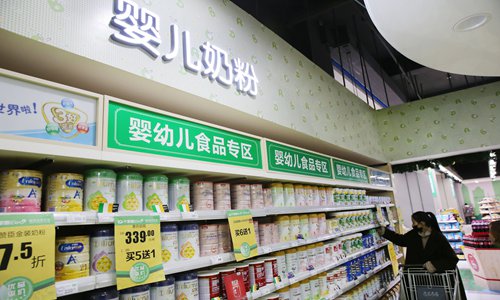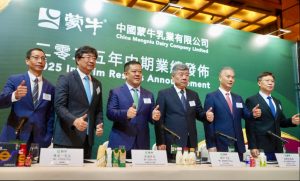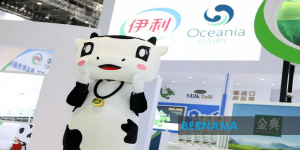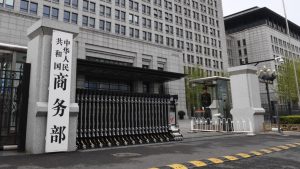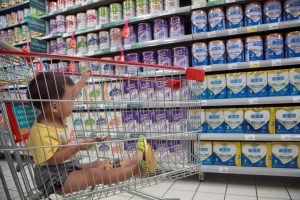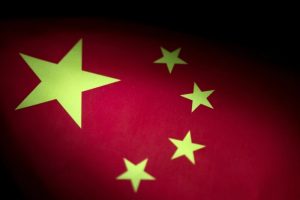
In the latest sign of demographic pressures on China’s dairy industry, US investment bank Goldman Sachs cut the price target on Inner Mongolia Yili Industrial Group from 29 yuan ($4.28) to 28.3 yuan a share and that of Mengniu Dairy from $HK24.5 ($3.12) to $HK24.2.
It also trimmed the target on milk powder manufacturer H&H Group from $HK66.2 to $HK65.1.
China’s newborn population is estimated to have fallen 7 – 13 percent year-on-year to between 15 million and 16 million in 2018, according to a report issued by Gaohua Securities in January. In 2017, 17.23 million newborns were added to China’s population, according to the National Bureau of Statistics.
The decline has prompted Goldman Sachs to estimate that sales of baby formula this year will be flat with last year or perhaps post a 0.5 percent slight increase, financial news website caixin.com reported over the weekend. Sales are estimated to drop 2 percent year-on-year in 2020.
This year “will see the end of the ‘golden era’ for China’s dairy industry, which has boomed since 2014,” Song Liang, a Beijing-based expert on the dairy industry, told the Global Times on Sunday.
Also, domestic prices are relatively higher than those of foreign brands both in terms of raw materials and processing costs, so local producers are losing competitiveness amid government policies to encourage imports, Song added.
The processing cost for milk products in the US and Europe is about 4,000 yuan a ton, but in China it is 7,000 – 8,000 yuan a ton, according to Song.
Despite the slowing domestic economy, industry analysts point out that Chinese consumers are still willing to pay hefty prices for high-end infant formulas.
“Maybe Chinese milk producers should think about how to take advantage of their geographic proximity to conquer the high-end market,” Song said.
